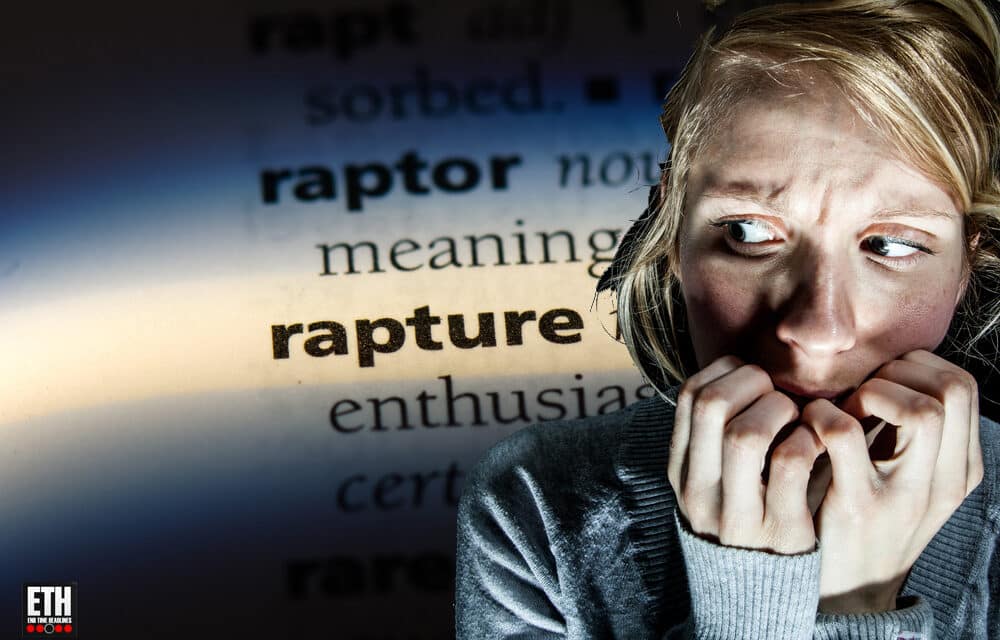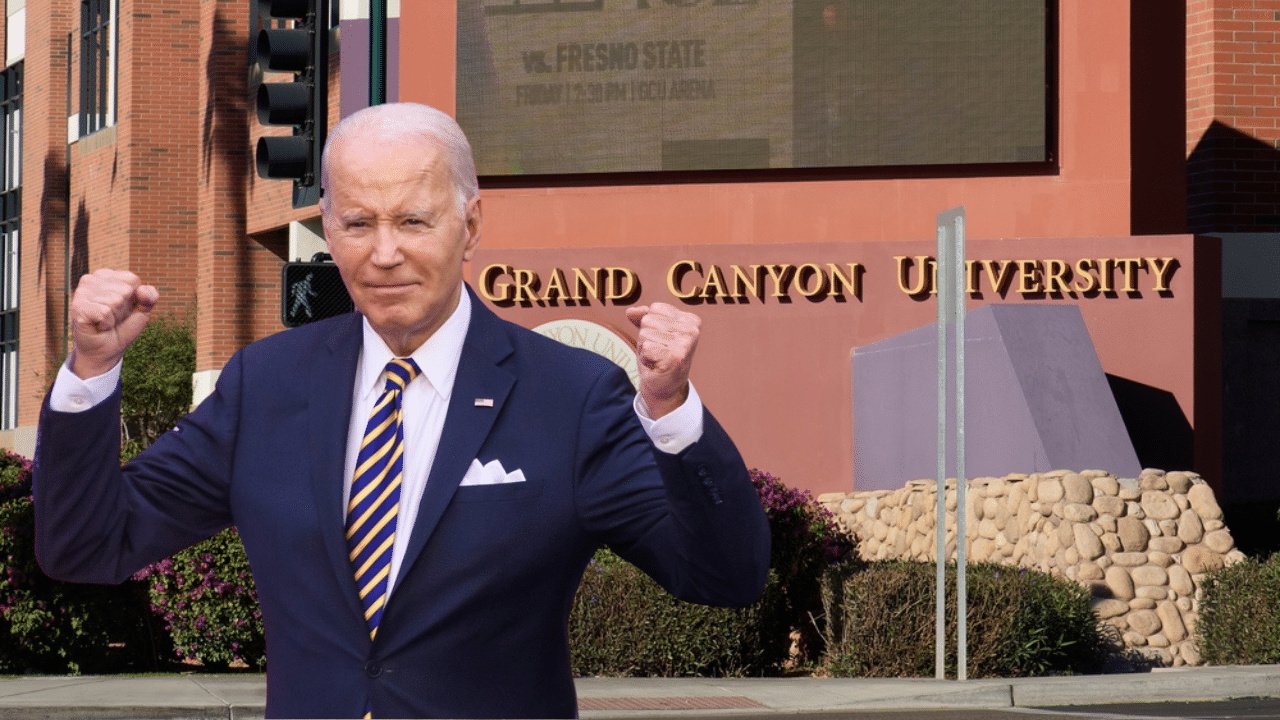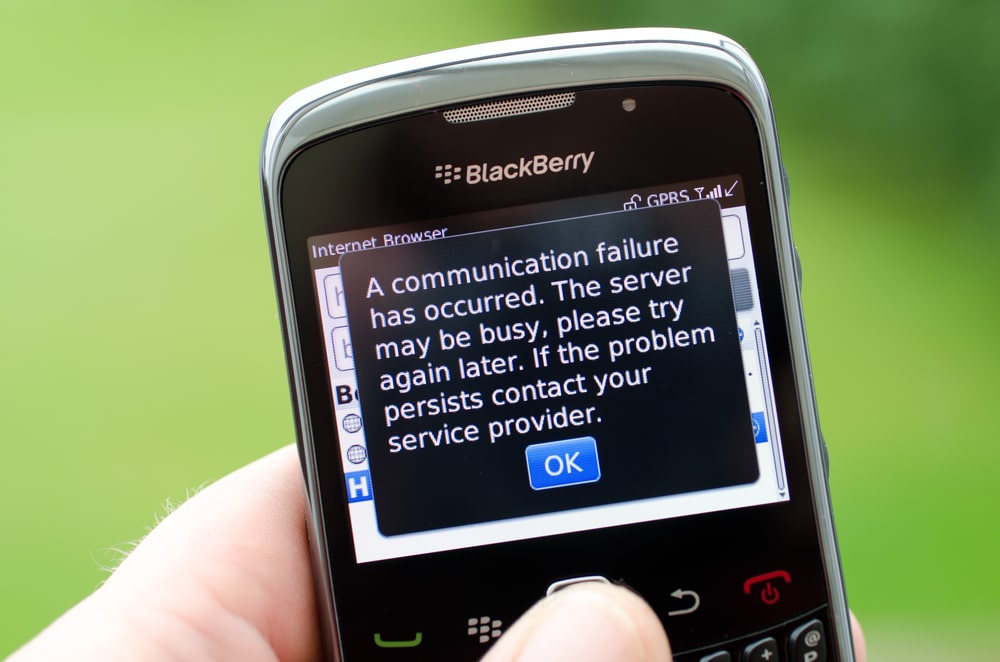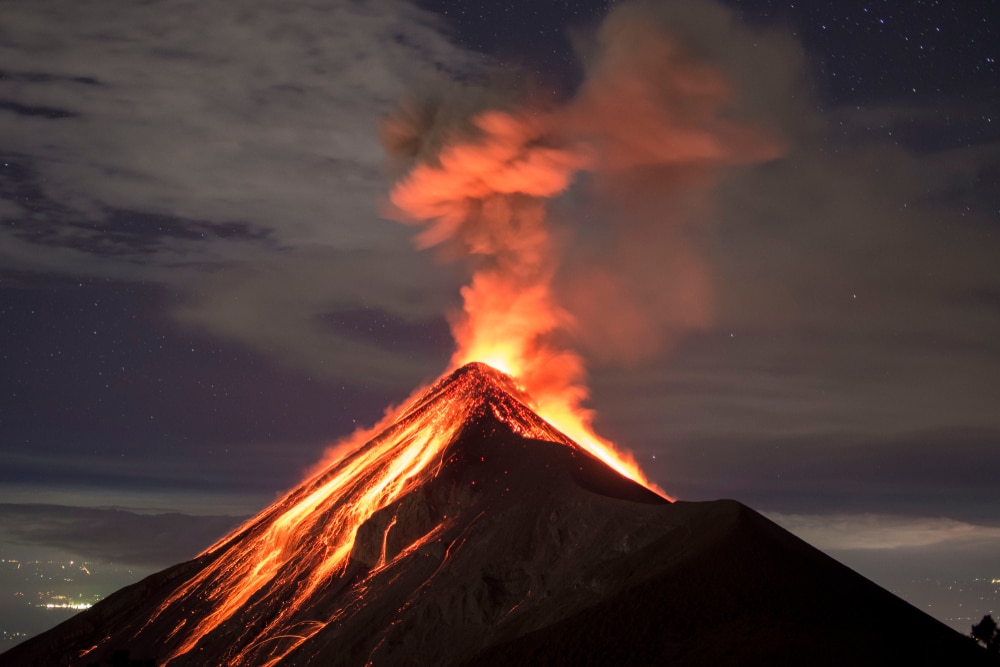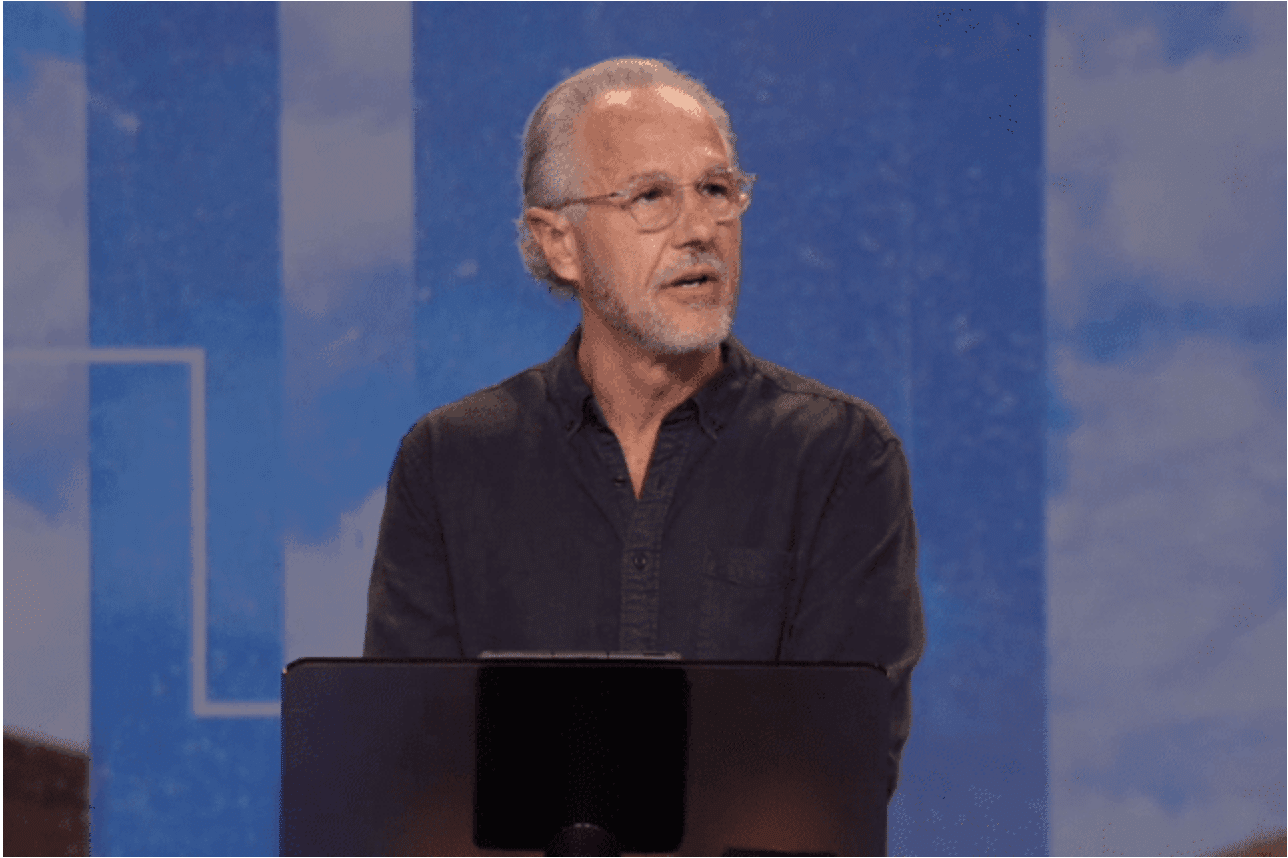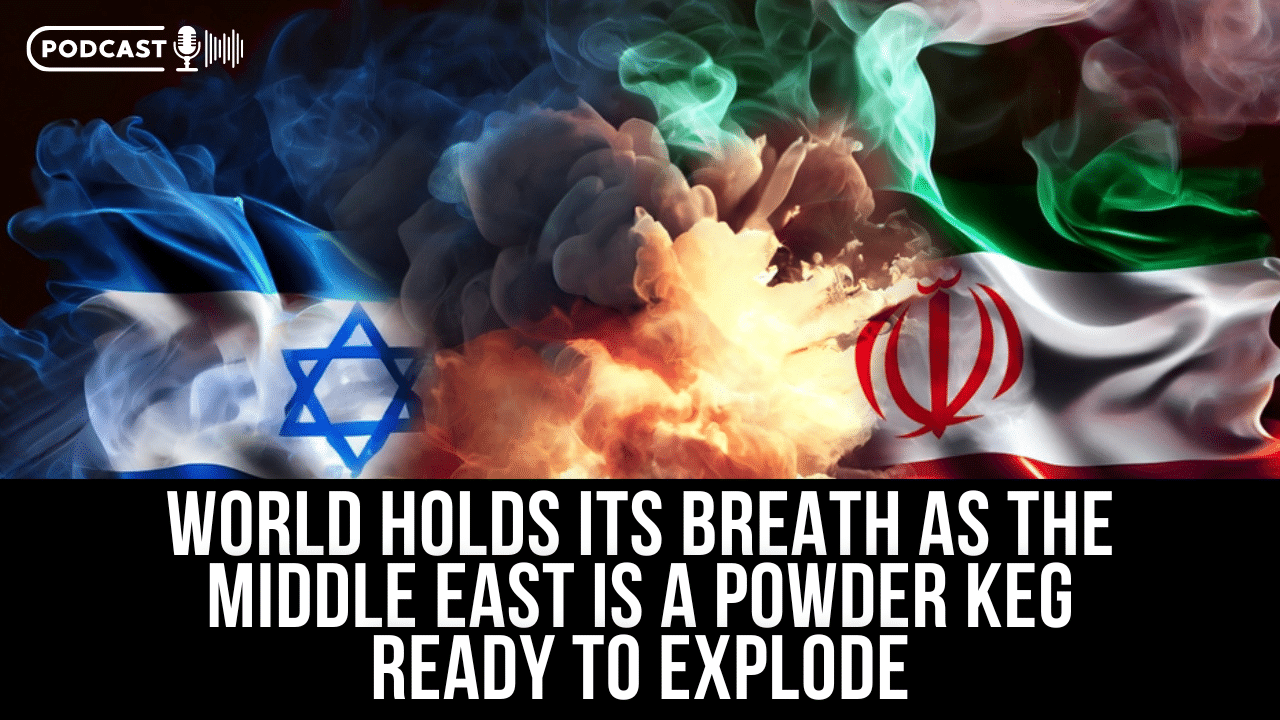Thirteen-year-old April Ajoy had a sense something wasn’t right. It was quiet in her Dallas house. Too quiet. Her brothers were gone. Her parents were gone. On her parents’ bed, a pile of her mother’s clothes signaled something terrifying.
Ajoy’s mind began churning, trying to remember, trying to make plans. When was the last time she had sinned? Should she refuse the mark of the beast? At least, she thought, if she was put to the guillotine during the time of tribulation, it would be a quick death.
From the moment they are old enough to understand, millions of people raised in certain Christian communities are taught that the rapture is something that can happen at any time. Though there are different schools of thought as to how such an event would go, the basic idea is the same: Righteous Christians ascend into heaven, while the rest are left behind to suffer. However it happens, it is something to be both feared and welcomed, to be prayed about and prepared for every moment of a believer’s life.
Ajoy grew up in an evangelical church, surrounded by constant reminders that the rapture was just around the corner. She was taught to never sin, since it could be the very last thing she did before Jesus returned to Earth. Dramatic rapture-themed books and movies, created as fiction, were presented as real glimpses into the end of the world.
“When i was probably 8 or 9, I remember my brothers and I spending a good 30 minutes looking out into the sky,” Ajoy tells CNN. “We took turns counting down from 10, and in that time, we were convinced Jesus would come back.”
Now 34, Ajoy is one of a growing network of “exvangelicals” who have removed themselves from what they now view as the damaging beliefs of some evangelical, Pentecostal and Baptist churches. She runs a popular TikTok account discussing faith and, among other things, the effects of traumatic religious experiences that can last for years – even a lifetime.
“Rapture anxiety,” as it is often called, is recognized by some faith experts and mental health professionals as a type of religious trauma. Darren Slade, the president and CEO of the Global Center for Religious Research, has been studying religious trauma across several faiths and denominations for years.
“This is a real thing. It’s a chronic problem,” he says of rapture anxiety. “This is a new area of study, but in general, our research has revealed that religious trauma leads to an increase of anxiety, depression, paranoia and even some OCD-like behaviors: ‘I need to say this prayer of salvation so many times,’ ‘I need to confess my sins so often.’”
“Now imagine,” he continues, “You are taught that at any minute, you could be left here on Earth. What does that do to the teenager who just had premarital sex, or even simply took the Lord’s name in vain?”
Experiences like Ajoy’s – a latent fear of an impending, inevitable end – are very common among communities of religious trauma survivors. On social media, former church members recall being tricked by church leaders into watching violent rapture-themed films or crying themselves to sleep thinking about people and pets that would be left behind when the end finally came.
Chelsea Wilson of Marietta, Georgia tells CNN that while growing up in an evangelical community, talk of the rapture was so intrinsic that children would play pranks to scare each other into believing everyone around them had been raptured. “As if,” Wilson says, “it were a scary campfire story.” READ MORE

